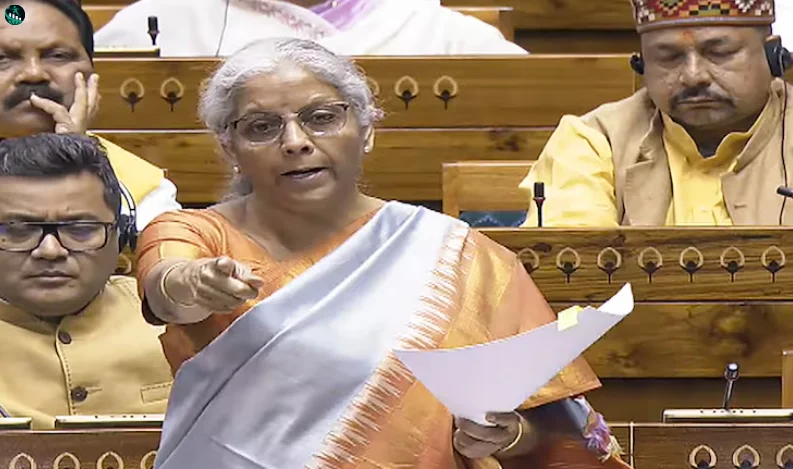
Empowerment, Growth, and Tax Relief: Economists Applaud Union Budget 2025
Economists and financial experts have praised the Union Budget 2025, calling it a progressive step toward economic growth, empowerment, and financial relief for the middle class. The budget’s tax incentives, sectoral investments, and policy measures are expected to stimulate demand, boost savings, and encourage investment, ultimately fostering a more self-reliant India.
Middle-Class Taxpayers Get Much-Needed Relief
Professor AP Tiwari, former head of the economics department at Dr. Shakuntala Misra National Rehabilitation University, highlighted the importance of the tax relief measures introduced in the budget.
"The finance minister has given significant relief to middle-class taxpayers to address the economy’s sluggish growth. This tax relief is expected to enhance purchasing power, increasing consumption and ultimately stimulating economic activity," he said.
Tiwari also pointed out that the rise in demand could lead to higher savings and investment, which would broaden the tax base and strengthen government revenue. However, he cautioned that higher demand could also lead to price increases, emphasizing the need for strong fiscal and monetary coordination to manage inflation.
Recognition of Middle-Class Contributions
Professor MK Agarwal, from the University of Lucknow's economics department, appreciated the government's recognition of the middle class’s economic contributions.
"The middle class has supported the economy through increased tax filings, and after years of waiting, this relief, especially the ₹12 lakh tax-free income cap, is well received," he said.
He also noted that the increase in the standard deduction and tax deducted at source (TDS) relief for senior citizens were welcome steps that would provide financial relief to working professionals and retirees alike.
Empowering Rural and Underserved Communities
Assistant Professor of Economics, Smita Mishra, from Vidyant Hindu PG College, lauded the budget’s focus on rural growth and social empowerment. She highlighted key measures such as:
- Kisan Credit Card limit increase to ₹5 lakh, benefiting farmers and rural enterprises.
- New scheme to provide term loans of up to ₹2 crore to women, Scheduled Castes (SC), and Scheduled Tribes (ST) over the next five years.
- Boost for MSMEs and agricultural sectors, promoting self-reliance and job creation.
"This budget offers a roadmap for a self-reliant India, focusing on sectors like education, health, agriculture, and technology," Mishra said.
She emphasized that these measures would help small businesses and rural entrepreneurs access financial support, which could accelerate growth and employment in rural India.
A Balanced Budget with Future-Ready Investments
Experts believe that the Union Budget 2025 presents a vision for a developed and superior India, with investments in:
- Agriculture and rural infrastructure
- Healthcare and AI-driven technologies
- Education and skilling programs
- Financial empowerment for underserved communities
While the tax relief measures have been widely welcomed, economists suggest that strong fiscal management and inflation control will be necessary to ensure long-term economic stability.
With key investments in technology, infrastructure, and social welfare, the budget aims to balance economic growth with social empowerment, paving the way for a stronger and more resilient India.



Recent Comments: